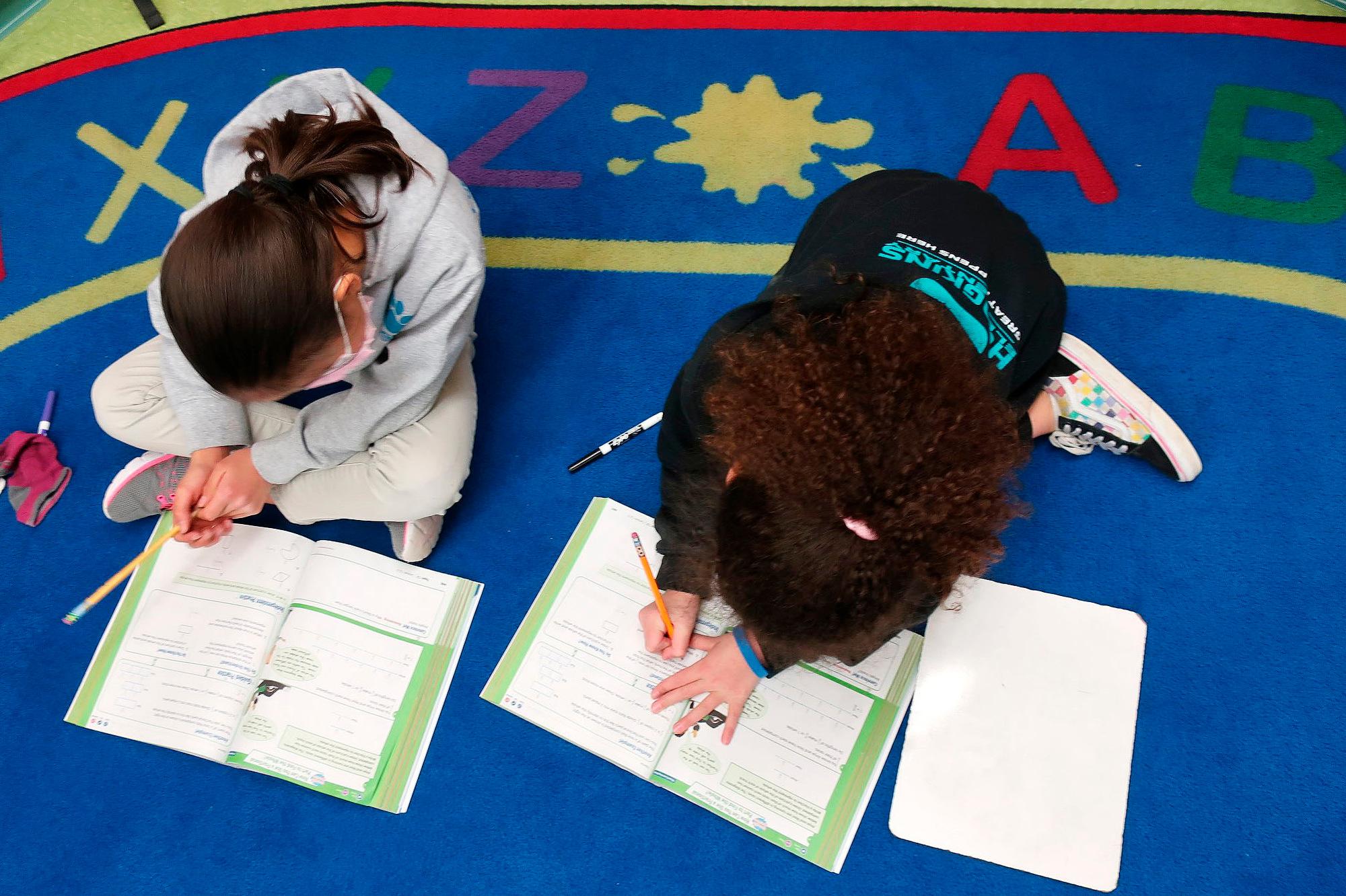
In a school year burdened by unprecedented challenges, the federal government has approved Colorado’s waiver that will allow students to take only one state standardized test this year in either math or English.
The annual tests, referred to as CMAS, typically measure students’ academic progress at the end of the year in English language arts, math, science and social studies.
The federal approval means only students in grades four, six and eight must take the math assessment, while third, fifth and seventh graders must take the English and language arts assessments. Parents can choose to have their child take both tests.
Federal officials have rejected one waiver request from Colorado: Eighth graders must take science tests. But they will not be given to students in grades five and 11. Social studies tests, which are required only in state law, will not be given this year.
Colorado officials said they made the waiver request to give students, families and educators some relief after a challenging year for education amid the COVID-19 pandemic.
- Even As Colorado Lawmakers Want To Limit Them, The Debate Is Still Out On The Value Of Standardized Tests This Year
- Will Your Student Take A Standardized Test This Year? Lobbyists, Educators And Lawmakers Are Facing Off Over That Question
- Colorado State Lawmakers Plan Push To Skip School Standardized Tests Because Of Coronavirus
The tests won’t be used to evaluate teacher performance or rate schools. But state officials hope the results will help evaluate student learning during a pandemic year full of disruptions.
“In the spirit of collaboration, Colorado educators, school districts, advocacy organizations, legislators, and the department of education came together to create a solution that serves students, and provides some relief after a challenging academic year,” said Gov. Jared Polis in a statement.
He added that the request was a bipartisan effort that attempts to balance “the extraordinary circumstances of the pandemic and our state’s goal of continued in-person instruction.”
In hours of testimony shared with state lawmakers as they considered the waiver request, parents and teachers argued that students' learning and mental health must take priority over standardized tests during the pandemic. Supporters of the waiver also questioned the reliability and value of the test data used to compare students, schools and districts, as well as the logistics of how students who are learning remotely would take the tests.
“This is the answer we’ve been waiting for,” said Democratic Sen. Rachel Zenzinger of Arvada, who sponsored the waiver bill. “I appreciate the quick response from the federal government that will allow our schools to plan and prepare.”
The bill’s sponsors originally planned to scrap all tests this year. But in February, federal education officials said that states must administer standardized tests. However, they offered flexibility, stating that they would be open to waivers for shortened tests and testing later in the school year or even next fall.
Teachers and school districts across Colorado welcomed news of the waiver.
“Students and educators have been bouncing between in-person, virtual and hybrid learning depending on the COVID-19 conditions in their community for a year now,” said Amie Baca-Oehlert, high school counselor and president of the Colorado Education Association in a statement. “The last thing students need is to have the brakes slammed on learning to accommodate several weeks of standardized testing.”
Some experts on standardized testing have questioned how reliable test results will be, especially if high numbers of students opt out of the tests. But Katy Anthes, Colorado’s education commissioner, encouraged students to take them in order to “understand how much the pandemic has impacted learning across our state.”
That can help the state “target our federal and state resources toward students who need the most support,” she added.









